ChatGPT:
The place where the sun rises first in the world to welcome the New Year is Kiribati, specifically the Line Islands, including Kiritimati (Christmas Island). Located in the central Pacific Ocean, Kiribati sits near the International Date Line, making it the first inhabited place to experience a new day.
Kiritimati Island is characterized by its pristine beaches, coral reefs, and lagoons. It has a tropical climate with abundant sunshine, swaying palm trees, and crystal-clear waters. The island offers a tranquil and remote setting, perfect for those seeking a peaceful New Year’s celebration surrounded by nature.
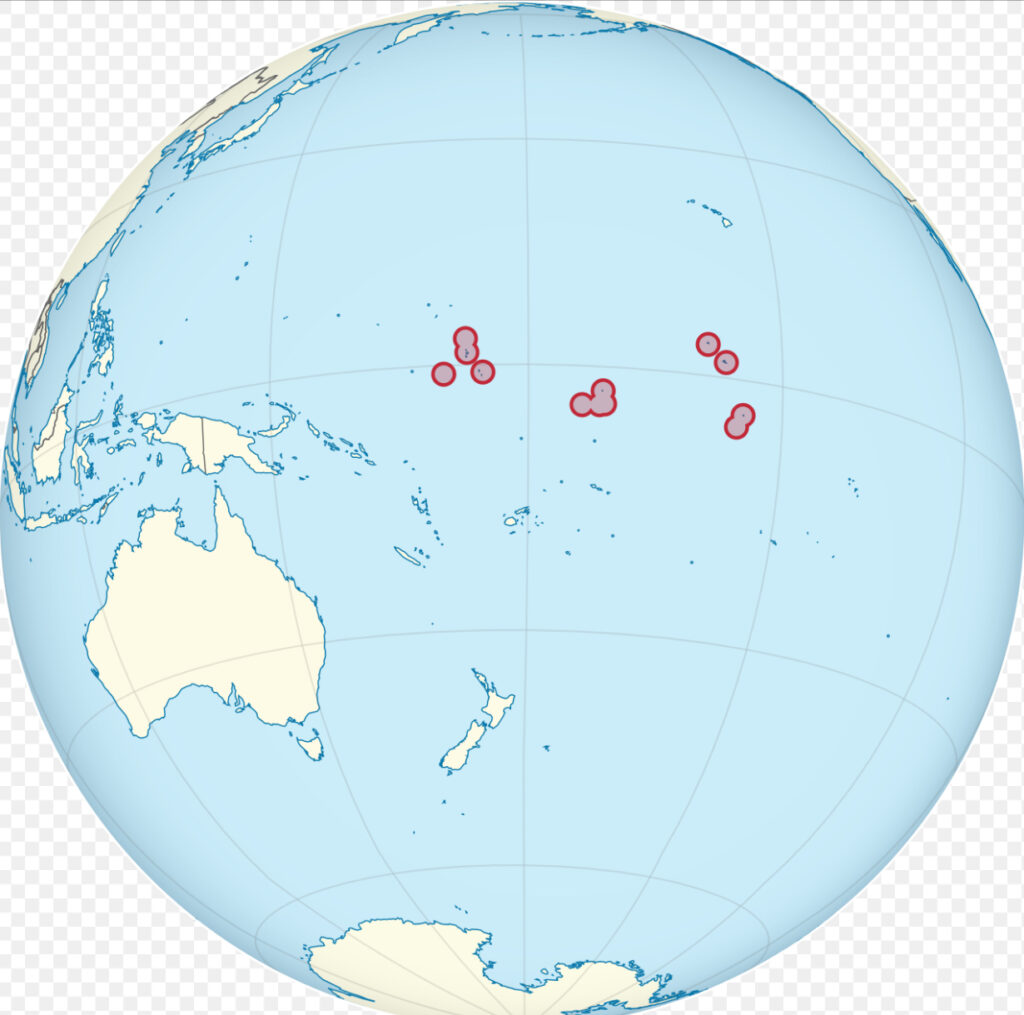
Kiritimati (Christmas Island), part of the Line Islands in Kiribati, has a rich history and fascinating development rooted in exploration, colonization, and strategic significance.
Origin and Discovery:
• Polynesian Settlement: Archaeological evidence suggests that the island may have been visited or settled by Polynesians long before European contact, though it remained largely uninhabited.
• European Discovery: It was officially discovered by Captain James Cook on December 24, 1777, during his third voyage. He named it Christmas Island to commemorate the date of its discovery.
Colonial Period:
• British Rule: The island became part of the British Empire in the 19th century and was incorporated into the Gilbert and Ellice Islands Colony in 1919.
• Coconut Plantations: Early economic activity revolved around coconut plantations for copra production, but its isolation limited large-scale development.
World War II and Nuclear Testing:
• Strategic Military Use: During World War II, the island served as a refueling stop and military base due to its remote location in the Pacific.
• Nuclear Tests (1957–1962): The United Kingdom and later the United States conducted nuclear weapons tests near Kiritimati. The tests caused controversy and raised concerns about environmental and health impacts, although the island’s isolation made it a preferred test site.
Independence and Modern Development:
• Independence (1979): Kiribati gained independence from Britain on July 12, 1979, and Kiritimati became part of the new republic.
• Fishing and Tourism: In recent decades, the island has focused on sustainable development, including fishing, eco-tourism, and scientific research related to coral reefs and marine ecosystems.
• Time Zone Adjustment (1995): Kiribati moved the International Date Line eastward to ensure that its entire territory shared the same day. This change made Kiritimati the first inhabited place to enter the New Year, attracting global attention.
Current Significance:
Today, Kiritimati is celebrated not only for its historical and cultural importance but also for its role as the first place on Earth to see the sunrise of the New Year. It remains a peaceful, scenic destination, symbolizing new beginnings and offering a glimpse into the rhythms of island life.
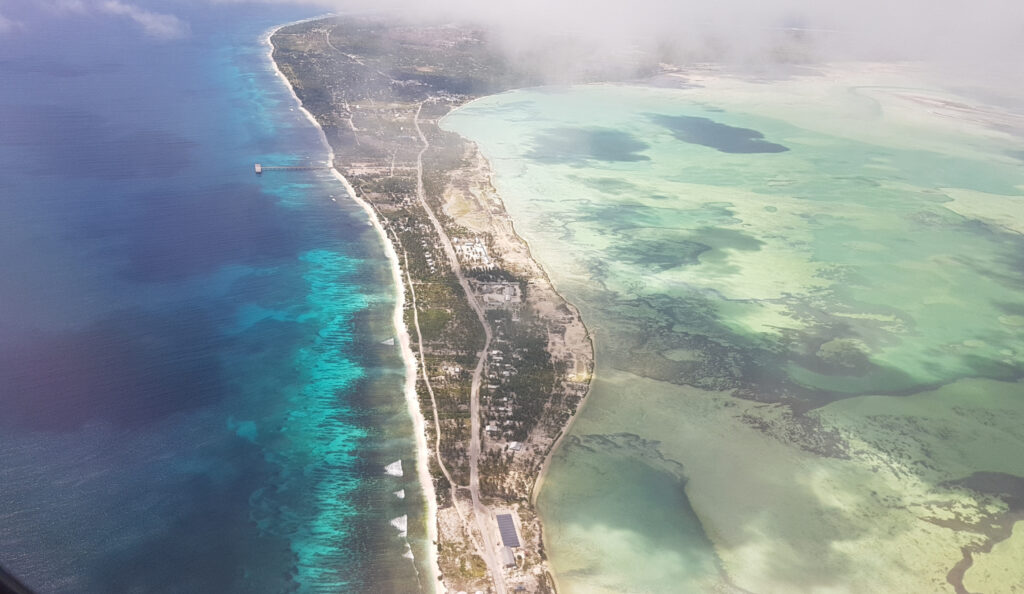
Tourists visiting Kiritimati (Christmas Island) and the Line Islands in Kiribati can enjoy a range of activities and experiences that highlight the islands’ natural beauty, rich marine life, and cultural heritage. Here are some suggestions:
1. Outdoor and Adventure Activities
1. Fishing and Fly-Fishing
• Kiritimati is renowned as one of the world’s best destinations for bonefishing and deep-sea fishing. The clear lagoons and flats provide excellent opportunities for anglers.
2. Scuba Diving and Snorkeling
• Explore vibrant coral reefs, underwater caves, and lagoons teeming with marine life, including manta rays, reef sharks, and tropical fish.
3. Birdwatching
• The island is a birdwatcher’s paradise, home to a variety of seabirds, including frigatebirds, boobies, and terns. Bird sanctuaries offer excellent viewing points.
4. Surfing
• Waves around the islands make them ideal for surfing during certain seasons, attracting surfers seeking remote and uncrowded breaks.
5. Kayaking and Paddleboarding
• Explore the tranquil lagoons and shallow waters by kayak or paddleboard for a relaxing experience.
2. Natural Attractions
1. Lagoon Tours
• Take a boat tour of the stunning lagoon, surrounded by coral reefs, crystal-clear waters, and small, uninhabited islets.
2. Wildlife Viewing
• Spot green sea turtles and giant coconut crabs along the beaches or near mangrove forests.
3. Salt Flats and Wetlands
• Discover unique landscapes, including salt flats and wetlands, which are excellent for photography and nature walks.
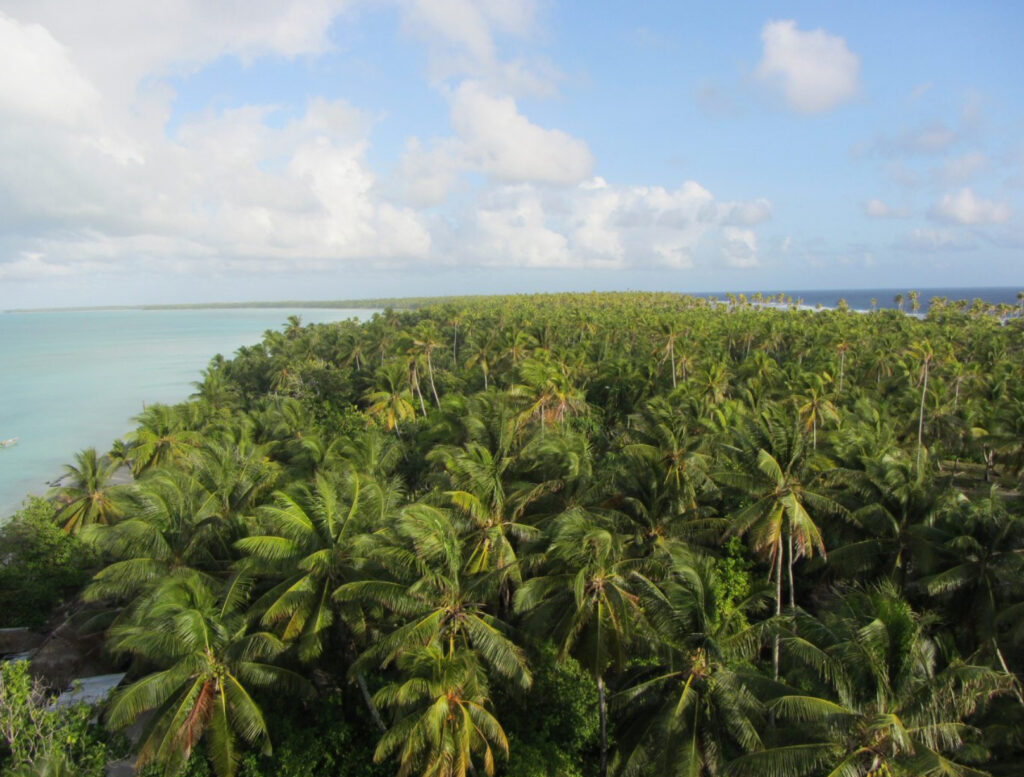
3. Cultural and Historical Experiences
1. Village Tours
• Visit local villages to experience traditional Kiribati culture, including music, dance, and handicrafts. Engage with locals and learn about their way of life.
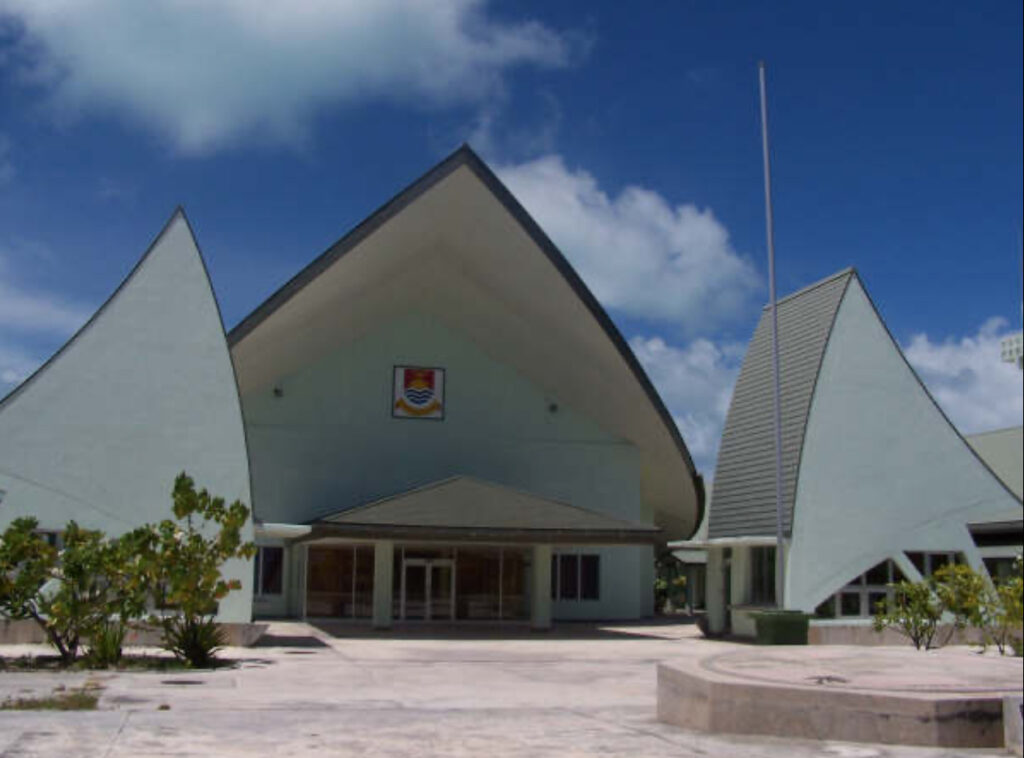
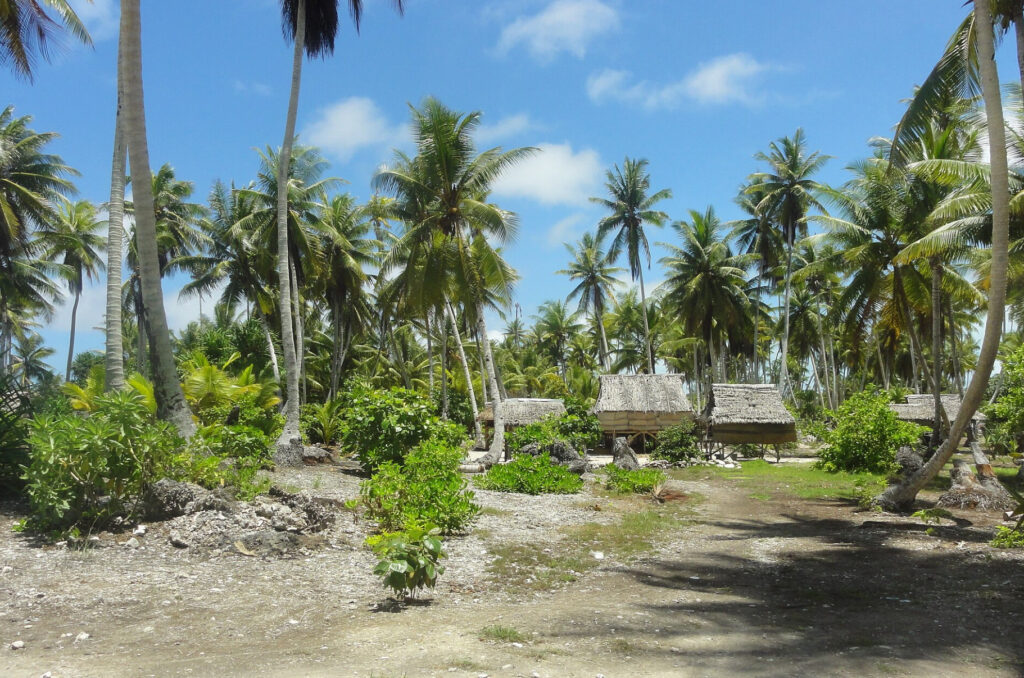
2. Nuclear Test Sites
• Explore remnants of Cold War history, including areas used for British and U.S. nuclear tests.
3. Churches and Historic Buildings
• Visit small, historic churches and colonial-era buildings, reflecting the island’s history and religious traditions.
4. Relaxation and Scenic Views
1. Beach Picnics
• Spend time on the island’s pristine white-sand beaches for a quiet and peaceful getaway.
2. Sunset and Sunrise Viewing
• Experience the first sunrise of the New Year or watch stunning sunsets over the Pacific Ocean.
3. Stargazing
• With minimal light pollution, the islands offer excellent opportunities for stargazing and viewing the Milky Way.
5. Special Events and Festivals
• New Year’s Celebrations
• Be among the first in the world to celebrate the New Year with local festivities, music, and dancing.
• Independence Day (July 12)
• Enjoy parades, feasts, and cultural events marking Kiribati’s Independence Day.
Practical Tips for Tourists:
• Bring Essentials: Supplies are limited, so bring sunscreen, insect repellent, snorkeling gear, and basic medications.
• Respect Local Customs: Dress modestly and follow local etiquette, especially in villages.
• Eco-Tourism Focus: Support sustainable tourism practices to help preserve the islands’ natural beauty.
Kiritimati and the surrounding islands offer a unique combination of adventure, tranquility, and cultural immersion—perfect for travelers seeking an off-the-beaten-path destination!

